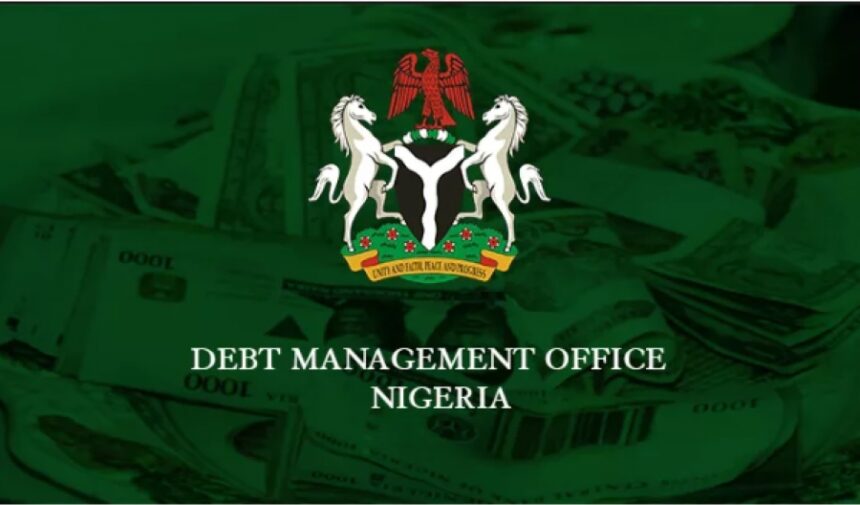The Nigerian government is looking to raise ₦150billion from the bond market this month. The bond is part of the government’s strategy to bridge budget deficit. It comes after the government issued a domestic dollar bond worth $500 million.
The available bonds represent re-openings of previously issued securities. These consist of a N70 billion segment of the 19.30% FGN APR 2029 (5-year bond), a N50 billion segment of the 18.50% FGN FEB 2031 (7-year bond), and a N30 billion segment of the 19.89% FGN MAY 2033 (9-year bond).
When will it be auctioned?
The bond will be auctioned on September 23, 2024, through the Debt Management Office, DMO. At the auction, the bonds will be sold in units of N1,000 each, with a minimum subscription of N50,000,000 and in multiples of N1,000 subsequently.
The bonds will offer interest payments on a semi-annual basis, with the principal amount due at maturity. They are entirely supported by the full faith and credit of the Federal Government of Nigeria and are secured by the nation’s general assets, enhancing their attractiveness to a diverse array of investors.
- Advertisement -
The bonds are also listed on the Nigerian Exchange Limited and the FMDQ OTC Securities Exchange. This gives investors the opportunity for liquidity via potential trading in the secondary market.
What are the benefits of the bonds?
A significant benefit of investing in FGN bonds is the tax exemption granted by Nigerian legislation. These bonds are classified as government securities in accordance with both the Company Income Tax Act (CITA) and the Personal Income Tax Act (PITA).
Consequently, pension funds and other tax-exempt entities can enjoy the interest earned on these bonds without incurring tax liabilities. This feature enhances their attractiveness, especially for institutional investors seeking tax-efficient investment opportunities.
Also, with maturity periods of 5, 7, and 9 years, these bonds provide investors with choices suitable for medium to long-term investment strategies.










